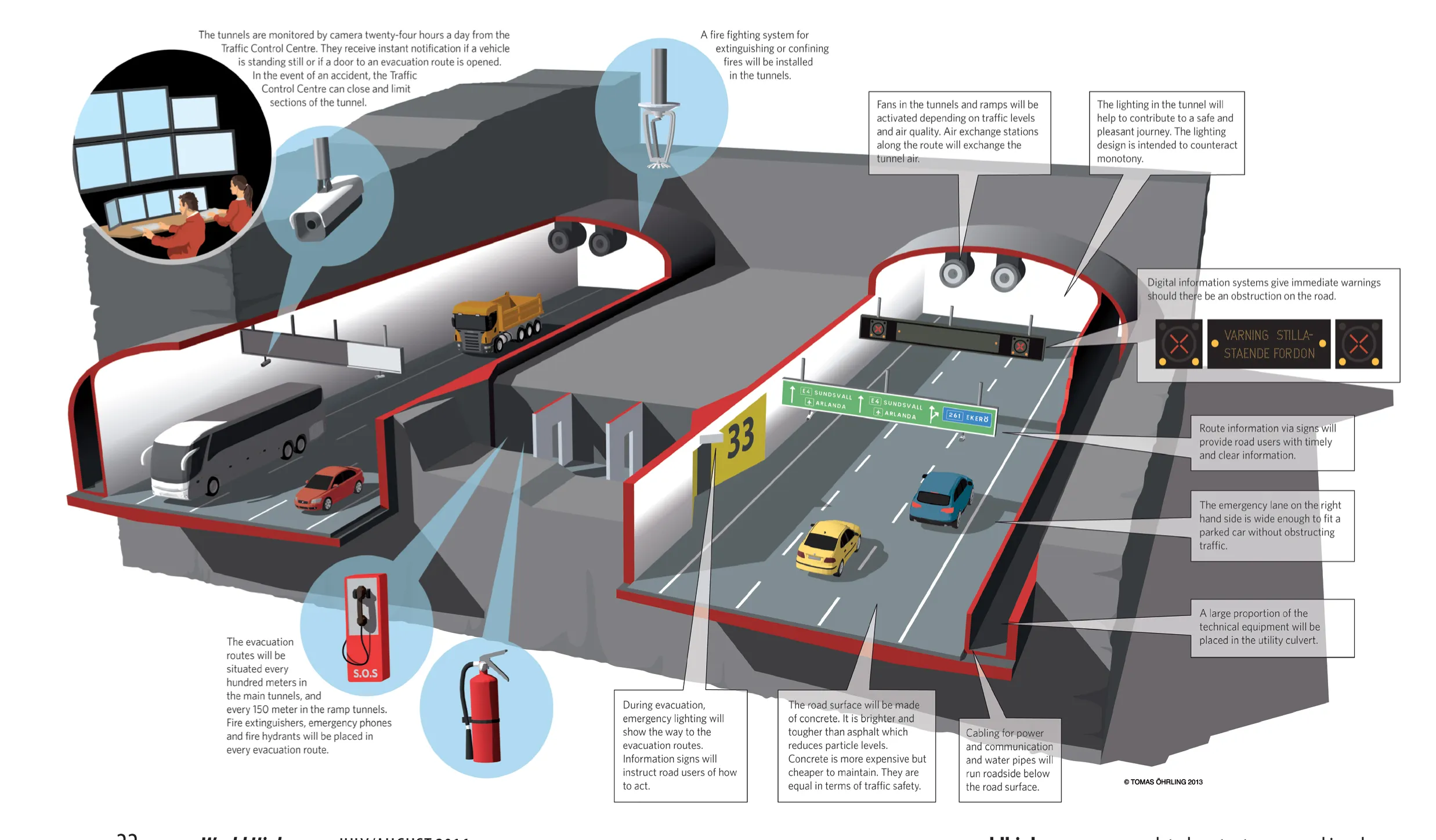Even as work continues on La Linea tunnel in Colombia, the country’s government has received a proposal for an additional tunnel link. A consortium made up of Colombian companies and Italian firms has suggested building a new tunnel to link Quindio and Tolima. Odinsa, Mincivil, Impregilo and Salini are involved in the consortium and have suggested a PPP as being a possible model under which to construct the link, which could cost in the order of US$531 million and would be 8.5km long. The economic case for
July 23, 2013
Read time: 2 mins
Even as work continues on La Linea tunnel in Colombia, the country’s government has received a proposal for an additional tunnel link. A consortium made up of Colombian companies and Italian firms has suggested building a new tunnel to link Quindio and Tolima. 3214 Odinsa, Mincivil, 3149 Impregilo and Salini are involved in the consortium and have suggested a PPP as being a possible model under which to construct the link, which could cost in the order of US$531 million and would be 8.5km long. The economic case for this new route has yet to be made clear as the tunnel would lie comparatively close to the La Linea tunnel.
Progress with the current La Linea tunnel project in Colombia has been slow due to a series of delays. This link will connect Calarca and Cajamarca in the central Corderilla of the Colombian Andes and at around 8.6km, will be the longest road tunnel in Latin America when complete. When open to traffic La Linea tunnel will reduce travel times along Route 40 between Bogota and Cali and also the port of Buenaventura. This difficult project has met with numerous challenges, from technical, financial and legal standpoints. Altitude has not made the project any easier either and one tunnel portal is at 2,400m above sea level while the other is at 2,500m. However when it is complete the benefit to the Colombian economy will be significant as it will improve transport and cut accidents by replacing a treacherous existing route. From an engineering standpoint, the opening of La Linea tunnel will be a significant achievement for Colombia’s construction industry.
Progress with the current La Linea tunnel project in Colombia has been slow due to a series of delays. This link will connect Calarca and Cajamarca in the central Corderilla of the Colombian Andes and at around 8.6km, will be the longest road tunnel in Latin America when complete. When open to traffic La Linea tunnel will reduce travel times along Route 40 between Bogota and Cali and also the port of Buenaventura. This difficult project has met with numerous challenges, from technical, financial and legal standpoints. Altitude has not made the project any easier either and one tunnel portal is at 2,400m above sea level while the other is at 2,500m. However when it is complete the benefit to the Colombian economy will be significant as it will improve transport and cut accidents by replacing a treacherous existing route. From an engineering standpoint, the opening of La Linea tunnel will be a significant achievement for Colombia’s construction industry.






